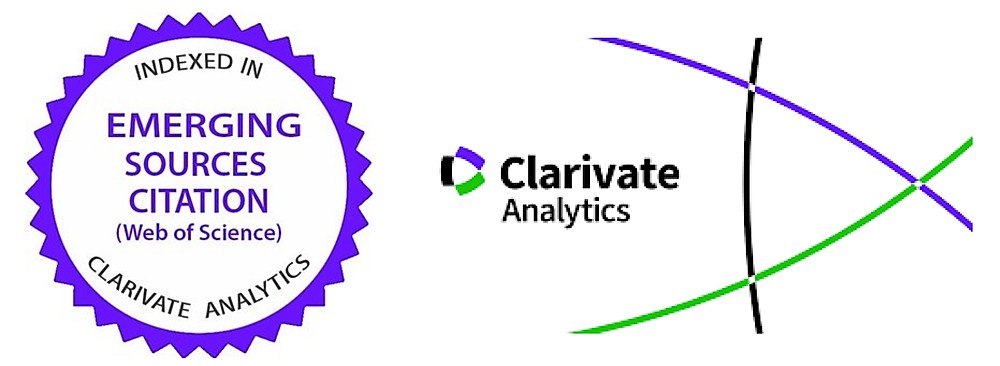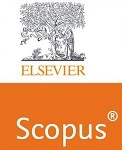Analysis of the Impact of Non-oil Taxation on Foreign Direct Investment and Economic Services in Nigeria
Abstract
This study assessed the nonoil taxation effect on foreign direct investment and economic services from 1994 to 2019 in Nigeria. This study further evaluated the causality bearing amid foreign direct investment, economic services, value-added tax, company income tax, capital gain tax, custom and excise duties, and education tax, devotedly hiring Units root, VECM, Johansen co-integration, and Granger causality tests. Outcomes uncovered that value-added tax has a positive significant effect on economic services but a negative influence on foreign direct investment. Furthermore, value-added tax granger- cause foreign direct investment and economic services. It is also exposed that company income tax and capital gain tax possessed short-run and long-run negative significant influence on foreign direct investment but positive influence on economic services. More so, custom and excise duties upsurge economic services and foreign direct investment positively and significantly. Conclusively, taxation has negative significant impacts on foreign direct investment but upsurge economic services positively in Nigeria. It is recommended that since company income tax impacted foreign direct investment negatively both in the long run and short run, the government should lessen company income tax and upsurge capital allowance bestow on foreign direct investment in order to improve and attract foreign direct investment which will perpetually decrease poverty rate in Nigeria. Also, the government should employ taxation to realize more improvement in economic services and minimize all barriers to foreign direct investment attraction such as import duties and other levies to inspire investors.



























